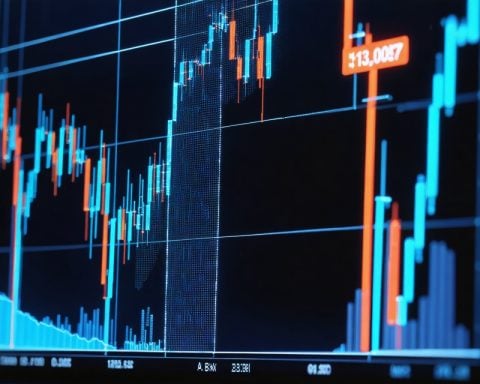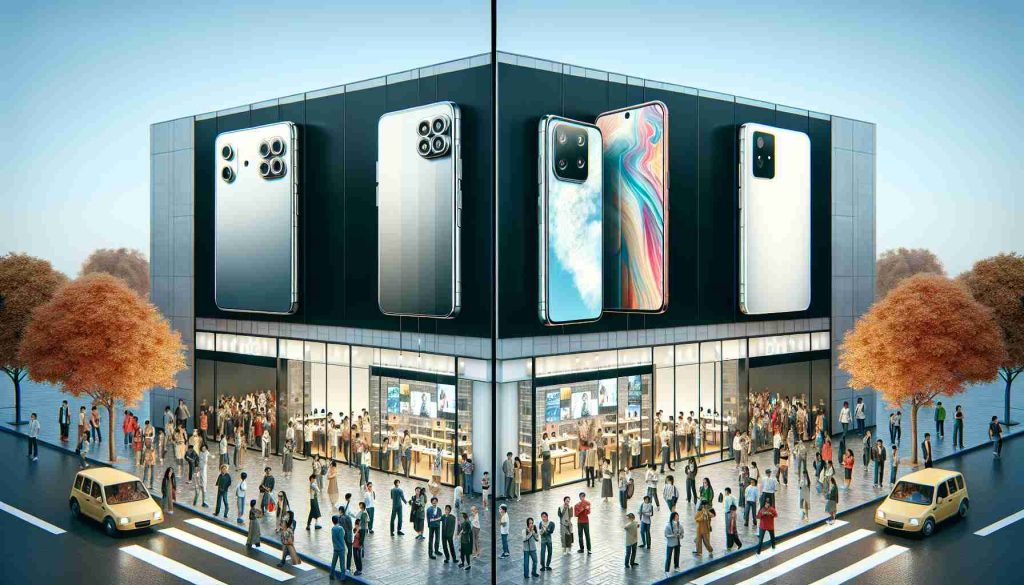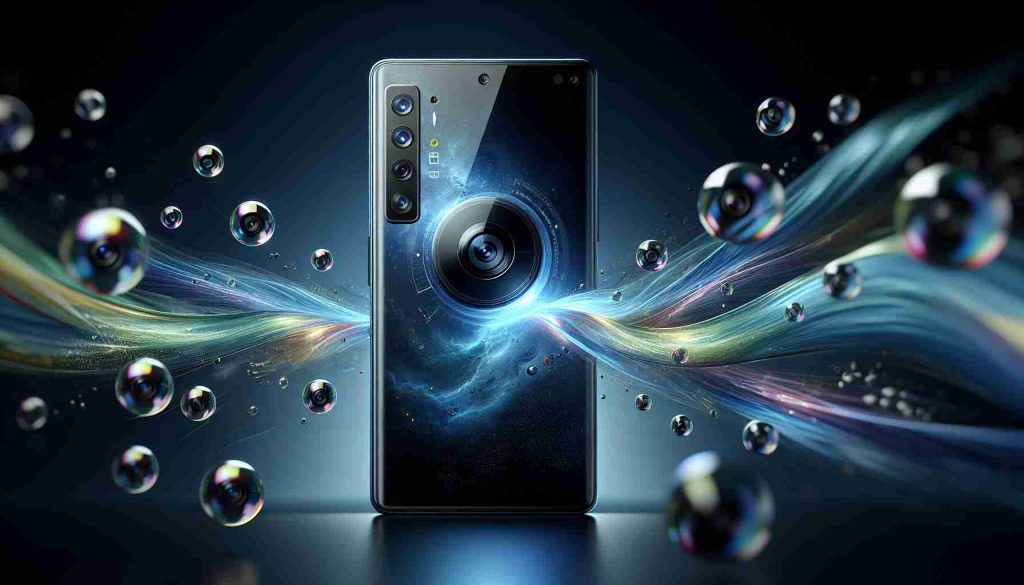Since March 2022, Apple has ceased all sales operations in Russia, halting services like ApplePay following the escalation of tensions between Russia and Ukraine. Amid this landscape of sanctions imposed by Western nations aimed at restricting technology exports to Russia, consumers have found alternative routes to obtain Apple products.
Despite these obstacles, certain Russian retailers are circumventing the ban to offer the newly released iPhone 16 series. These vendors are accepting pre-orders for the devices, albeit at significantly inflated prices. Major electronics retailer M.Video-Eldorado and mobile network operator MTS announced they are the first to provide access to the latest iPhones in Russia, with M.Video indicating that deliveries would commence shortly.
Purchasers in Russia face a stark price difference, paying hundreds of dollars more than their American counterparts. For example, M.Video lists the iPhone 16 with 128GB of storage at 112,999 rubles (approximately $1,225), more than $400 above the U.S. price of $799. The price for the high-end iPhone Pro Max 1TB reaches up to 249,999 rubles ($2,710) compared to its U.S. price of $1,599.
While Russia attempts to mitigate reliance on Western products by boosting domestic production, foreign technology remains highly sought after. A state-backed initiative has introduced the AYYA T1 smartphone, designed with features to prevent unauthorized data collection, illustrating the ongoing demand for both local and international technology goods despite sanctions.
The Evolving Landscape of iPhone Acquisition in Russia: Challenges and Alternatives
As sanctions against Russia persist, the challenges surrounding the acquisition of Apple products, particularly the iPhone, continue to mount. While the previous article outlined the immediate impacts of these sanctions, several additional facets warrant discussion to provide a comprehensive view of the current market dynamics.
What are the primary challenges Russians face when acquiring iPhones?
1. High Prices and Limited Availability: The inflated costs due to sanctions have forced many consumers to weigh their options carefully. Resale markets, gray imports, and parallel imports have created a complex web of pricing strategies, ultimately leading to higher prices across the board. As Russian retailers navigate stock shortages and rising prices, consumers must grapple with the decision to either pay a premium or risk purchasing counterfeit devices.
2. Legality and Risks of Parallel Imports: Many Russian retailers are resorting to parallel imports—importing goods without the consent of the manufacturer. While this method allows access to the latest versions of iPhones, it carries potential legal risks and raises concerns about warranty services, customer support, and product authenticity. The trade-off for consumers in desperate need of an iPhone is whether the savings are worth these risks.
3. Supply Chain Challenges: Global supply chain disruptions exacerbated by geopolitical tensions have also hindered the flow of products into Russia. As a result, delivery times can vary significantly, and many consumers experience extended waits for their devices, which may deter impulse buying and encourage a shift toward alternative brands.
Advantages and Disadvantages of Purchasing iPhones Amid Sanctions
Advantages:
– Access to Latest Technology: For tech enthusiasts and professionals, having access to the latest iPhone models remains a priority. Despite higher costs, many consumers believe that the innovation and user experience offered by Apple products are unrivaled.
– Increased Domestic Alternatives: The sanctions have spurred interest in local technology innovations, providing consumers with a wider array of choices. This could foster domestic tech development, leading to more diverse options in the future.
Disadvantages:
– Inflated Costs: The financial burden of acquiring an iPhone in Russia has increased substantially, leading to a potential divide between those who can afford the steep prices and those who cannot.
– Quality Concerns with Counterfeit Products: As the market for pre-owned and gray market phones expands, the likelihood of encountering counterfeit or malfunctioning devices increases, posing a significant risk to consumers.
Are there alternative solutions for tech-savvy Russians?
Yes, many consumers are turning to alternative smartphone brands that offer competitive features at lower price points. Brands such as Samsung, Huawei, and various domestic smartphone manufacturers, like AYYA, have seen a surge in interest as consumers seek reliable devices without the high price tag associated with iPhones.
Conclusion
The acquisition of iPhones in Russia amidst international sanctions presents a multifaceted challenge that impacts consumers, retailers, and the technology landscape at large. While the desire for high-quality smartphones remains strong, the associated costs, legal implications, and market instability foster a complex environment for consumers. As the situation evolves, the market dynamic will likely continue to shift, prompting consumers to explore both alternative brands and potential innovations from local manufacturers.
For additional information on technology and its implications in various markets, visit TechCrunch or The Verge.























